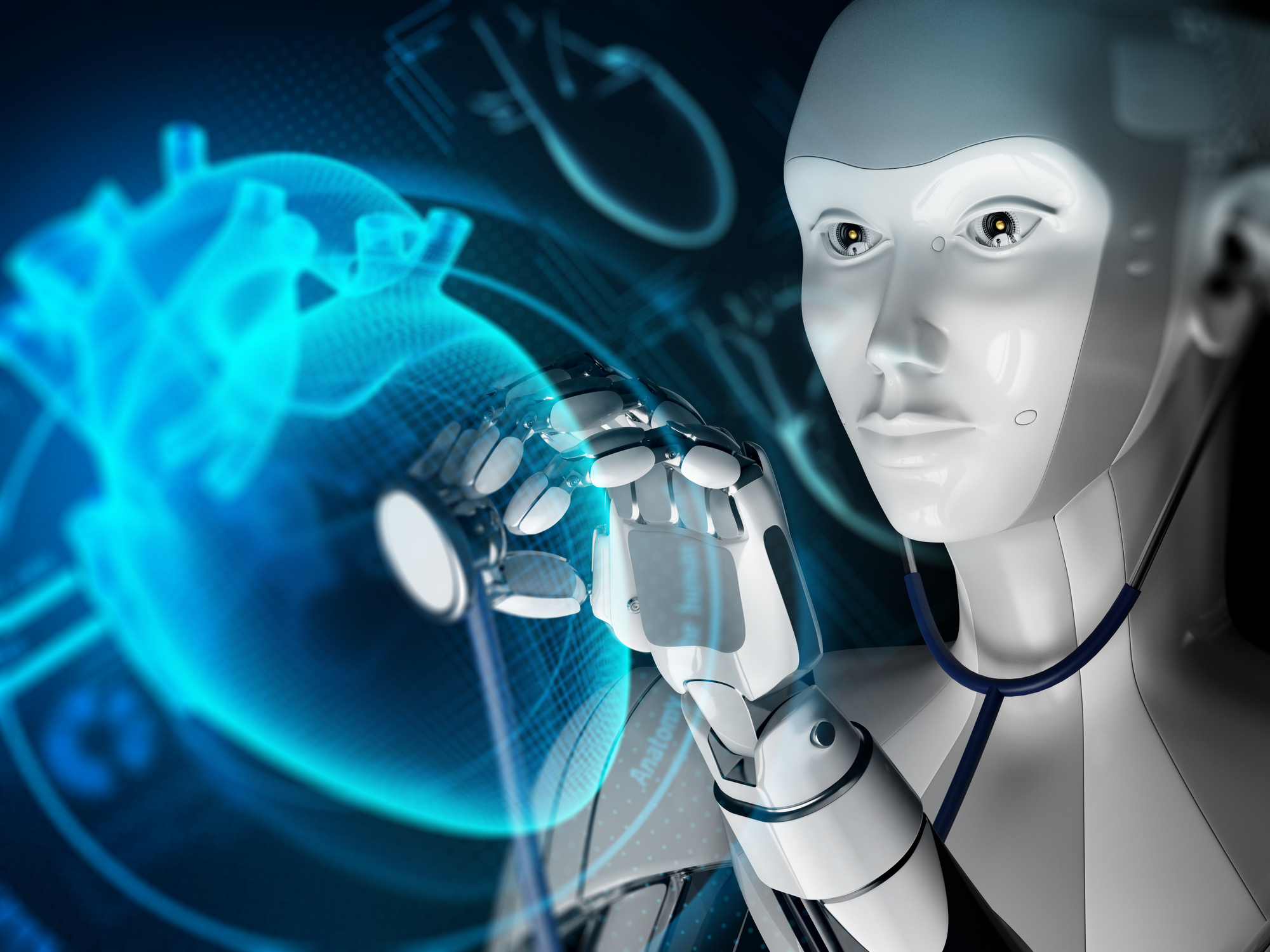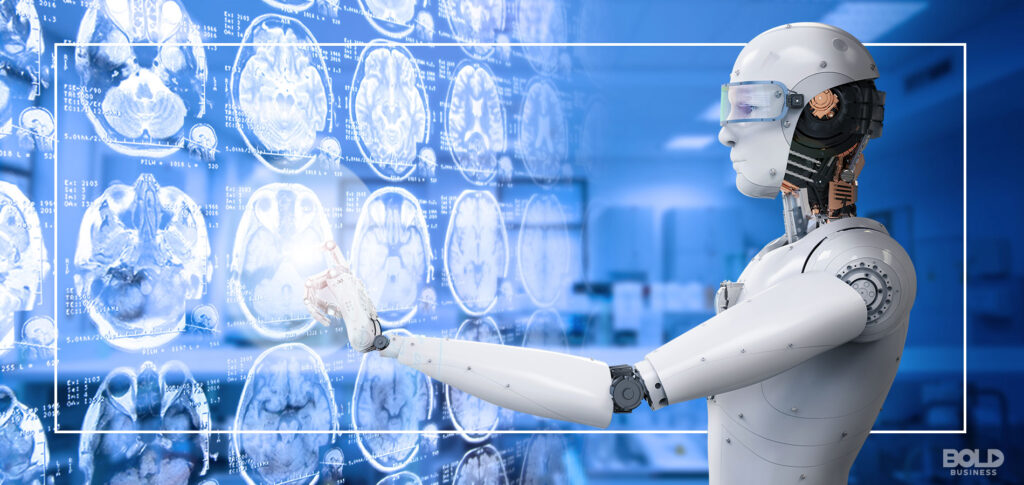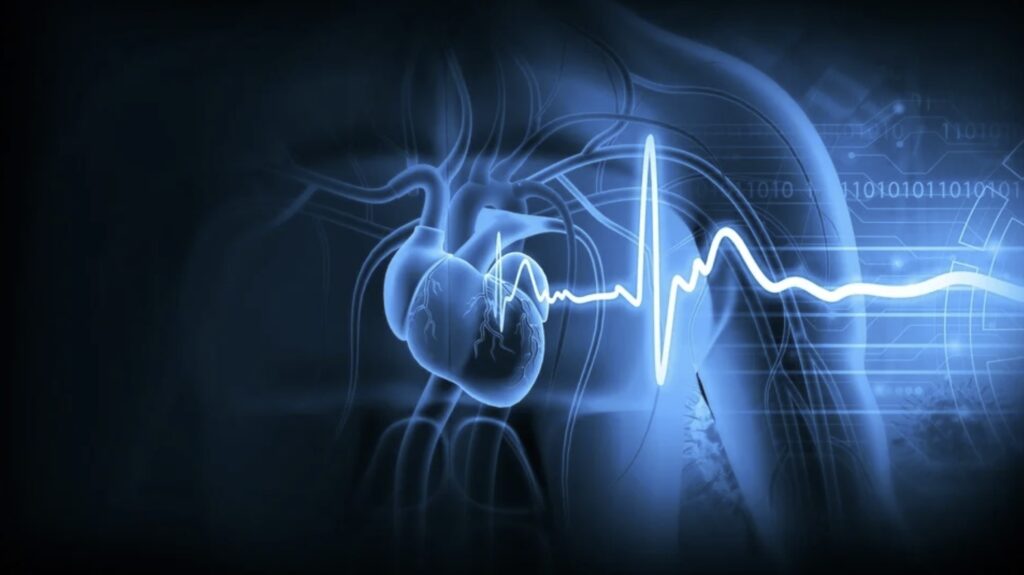
Cardiology is witnessing a remarkable transformation as artificial intelligence (AI) rapidly integrates into various aspects of cardiovascular care. AI technologies offer the potential to enhance diagnostics, optimise treatment decisions, and improve patient outcomes. One notable advancement in this domain is developing and implementing RAPID AI, a cutting-edge system that revolutionises diagnosing and treating cardiovascular diseases. This article explores the diverse applications of AI in cardiology, with a particular focus on RAPID AI and its impact on patient care.

AI-Powered Imaging Analysis:
AI algorithms have significantly improved the analysis of cardiac imaging modalities, including echocardiograms, cardiac magnetic resonance imaging (MRI), and computed tomography (CT) scans. These algorithms can accurately detect and quantify abnormalities, such as coronary artery disease, heart failure, and arrhythmias, thereby aiding in precise diagnosis and treatment planning. RAPID AI, in particular, employs advanced machine learning techniques to swiftly analyse complex imaging data, providing clinicians with detailed insights and facilitating timely decision-making.
Risk Prediction and Stratification:
AI models excel in predicting and stratifying the risk of cardiovascular diseases. By leveraging large datasets comprising medical records, genetic information, and imaging results, AI algorithms can identify hidden patterns and develop personalised risk assessments. RAPID AI utilises sophisticated predictive analytics to evaluate multiple risk factors, enabling early identification of individuals prone to cardiovascular events. This empowers healthcare providers to implement preventive measures, including lifestyle modifications and targeted interventions, to mitigate risks effectively.

ECG Interpretation and Arrhythmia Detection:
Electrocardiograms (ECGs) are pivotal in diagnosing cardiac abnormalities, but accurate interpretation can be challenging. AI algorithms have demonstrated exceptional capabilities in analysing ECG data and accurately detecting patterns indicative of various conditions, including myocardial infarction (MI), arrhythmias, and conduction disorders. RAPID AI‘s ECG interpretation tools utilise deep learning algorithms to improve accuracy, aid in early detection, and provide real-time decision support for clinicians.

Remote Monitoring and Proactive Care:
AI-based remote monitoring solutions transform cardiac care by enabling continuous patient monitoring outside healthcare facilities. Wearable devices equipped with sensors collect physiological data, which is then analysed by AI algorithms to detect anomalies and provide alerts. RAPID AI‘s remote monitoring capabilities enhance patient care by enabling proactive management of cardiovascular conditions, early intervention during emergencies, and personalised treatment adjustments based on real-time data.

Treatment Optimization and Precision Medicine:
AI algorithms have the potential to optimise specific treatment plans for cardiovascular patients. By analysing vast datasets and considering individual patient characteristics, AI models can suggest tailored treatment options, including medication dosages, interventional procedures, and surgical approaches. RAPID AI‘s treatment optimisation capabilities leverage advanced algorithms and clinical guidelines, helping healthcare providers make informed decisions, optimise therapies, and improve patient outcomes.
The rapid adoption of AI in cardiology holds immense promise for revolutionising cardiovascular disease diagnosis, treatment, and management. Integrating AI technologies, such as RAPID AI, paves the way for enhanced accuracy, efficiency, and personalised care in cardiology. However, ongoing research, rigorous validation, and close collaboration between AI systems and healthcare professionals are crucial to ensure AI’s ethical and responsible implementation in the field. With continued advancements, AI is poised to transform cardiology, improving patient outcomes and revolutionising the delivery of cardiovascular care.


Be the first to comment